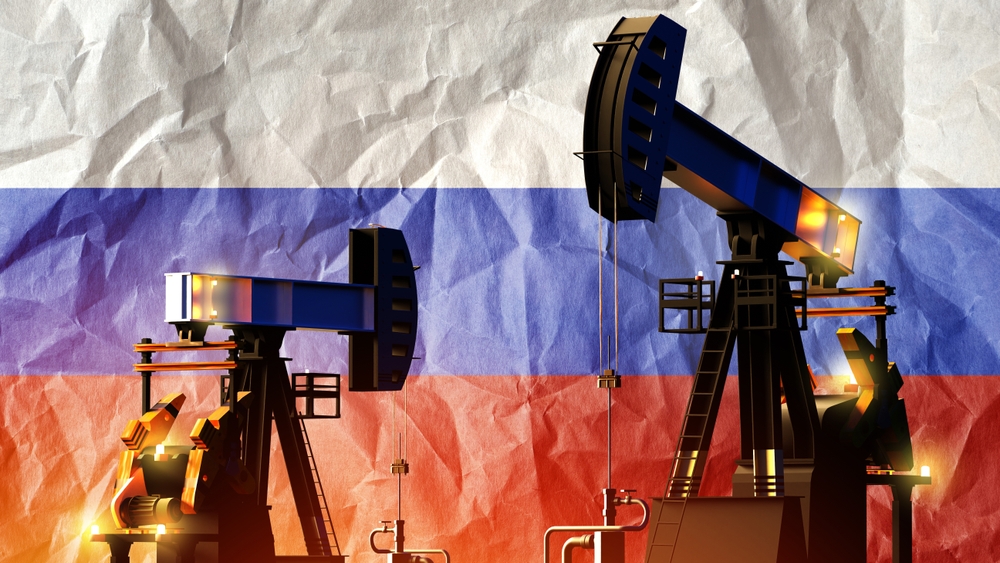Dyukov highlighted the progress made in recent years
Others are reading now
In a bold move aimed at bolstering Russia’s energy independence, Gazprom Neft has set ambitious targets to eliminate its reliance on foreign technologies by 2027.
Missing 200 Equipment Types
The announcement, made by CEO Alexander Dyukov, marks a significant stride towards achieving self-sufficiency in the country’s oil sector, according to reports from Lenta.
The initiative, termed import substitution, is poised to generate additional orders worth trillions of rubles for the Russian engineering sector. Currently facing a deficit of approximately 200 equipment types out of a total of 1400, Gazprom Neft aims to bridge this gap through domestic production capabilities.
Dyukov highlighted the progress made in recent years, noting, “1,200 equipment types have been localized, and we can take pride in every technology and piece of equipment we have learned to manufacture.”
Also read
Not Without Challenges
However, the path towards technological independence is not without its challenges. The Ministry of Finance has signaled a firm stance on tax incentives, indicating reluctance to soften conditions for companies lagging in refinery modernization. Amendments to the tax code to extend investment allowances for oil refineries have been ruled out, with existing agreements for upgrading processing facilities set to expire by January 1, 2033.
In the face of rising costs and Western sanctions, some companies have delayed their modernization efforts, complicating Russia’s efforts to reduce dependency on foreign technology. Moreover, proposals to revoke tax breaks for Russian oil firms as a budget-saving measure have stirred debate within government circles.
The Ministry’s suggestion to postpone the introduction of a 20% deduction on mineral extraction tax (MET) for three years, slated for 2024 implementation, is projected to save approximately 460 billion rubles over the period.


